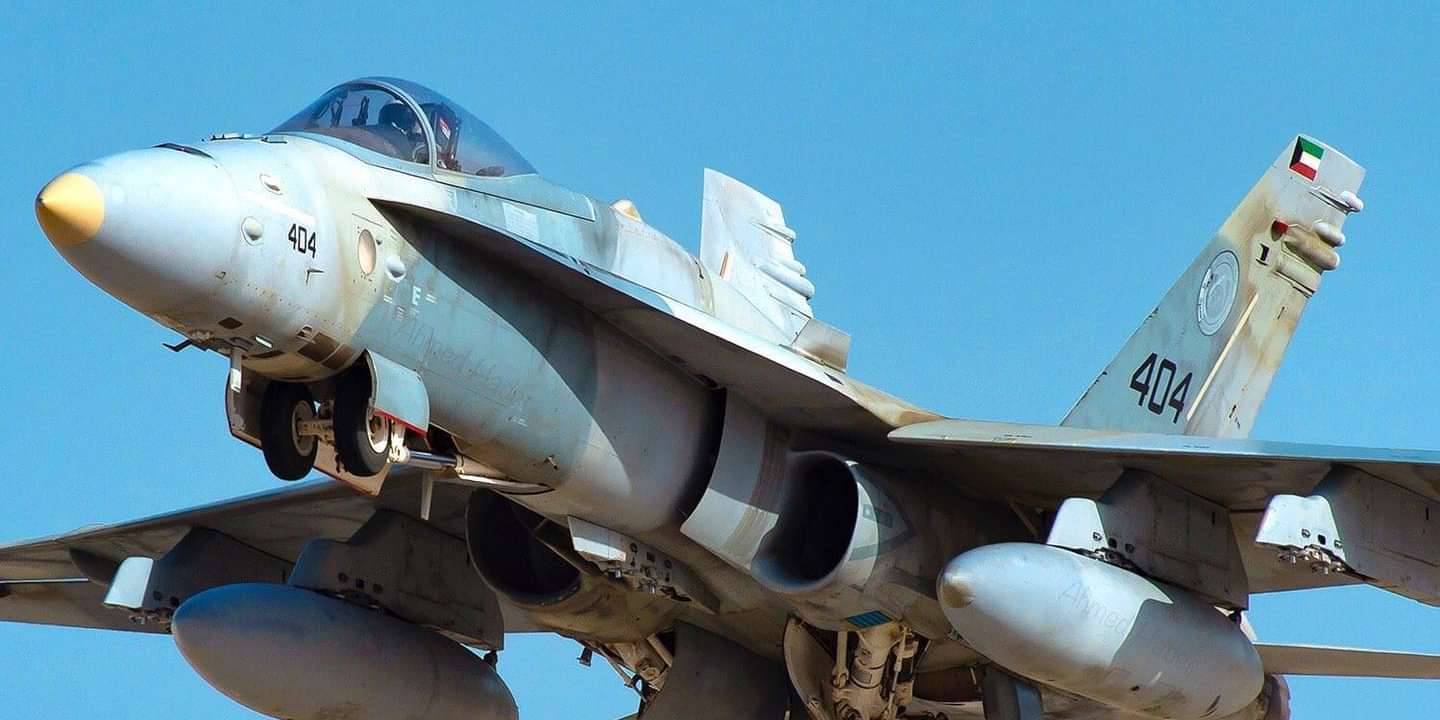Malaysia has canceled its plan to acquire F/A-18C/D Hornet fighter jets from the Kuwait Air Force, according to a report by Malaysian news site Twentytwo13, citing sources familiar with the decision.
The outlet said the cancellation stems from multiple factors that made the transfer complicated and ultimately unworkable. Among the primary concerns were aircraft availability, logistical and financial hurdles, and questions of long-term value for the Royal Malaysian Air Force.
Kuwait, which is transitioning to the newer F/A-18E/F Super Hornet, would not be able to deliver its legacy Hornets until after it receives the upgraded fleet. Those deliveries have already been delayed to 2026, with operational service expected in 2027 or 2028. The delays were attributed to several causes, including the COVID-19 pandemic and U.S. Navy procurement priorities.
By the time Kuwait could transfer the aircraft, analysts noted, the jets would be even less suited to Malaysia’s modernization needs. Twentytwo13 reported that the Kuwaiti Hornets are actually older than Malaysia’s current F/A-18D fleet, which already incorporates more advanced software and hardware.
Malaysia’s aircraft operate with the SCS29C software and the AN/APG-73 radar, which includes the Link 16 datalink. By contrast, Kuwait’s Hornets still use the older SCS25XK software and the AN/APG-65 radar, making them less capable. Integrating the aircraft into Malaysia’s systems would have required substantial upgrades, new logistics support, and added downtime during modifications.
Even with relatively low flight hours, experts warned that the Kuwaiti airframes could face structural fatigue and require costly work to restore them to acceptable service standards.
Budgetary constraints were another factor. Defense sources told Twentytwo13 that taking on additional older aircraft could divert limited funds from Malaysia’s broader modernization priorities. Analysts concluded that the purchase would have yielded little return on investment and risked introducing further costs for upgrades, integration, and sustainment.
As the report explained, critics believed the jets might have been retired prematurely once Malaysia committed to newer-generation aircraft, providing only a short-term stopgap without long-term benefit. “Bringing in interim aircraft that are already considered outdated would not give Malaysia enough ‘value for money,’” one defense source said, suggesting that future procurement should focus on more modern and sustainable platforms.
The decision also reflects doubts about the level of U.S. government support for the transfer, which would have required Washington’s approval under defense export regulations.
Malaysia continues to weigh options for future fighter acquisitions as part of its air force modernization. For now, the cancellation underscores the challenge of balancing limited budgets, operational requirements, and the long timelines often tied to international defense transfers

